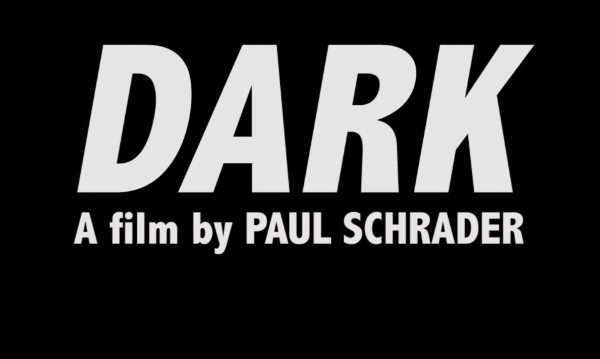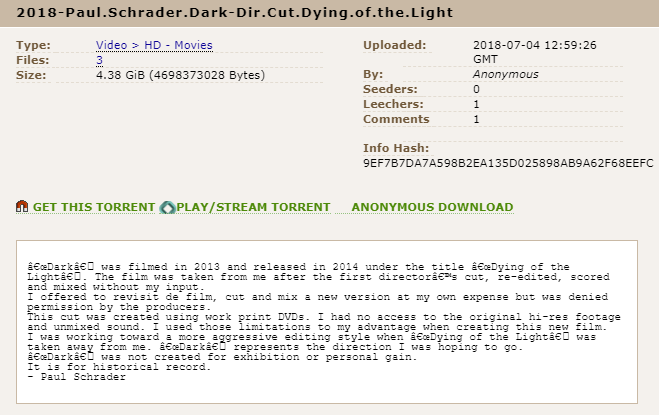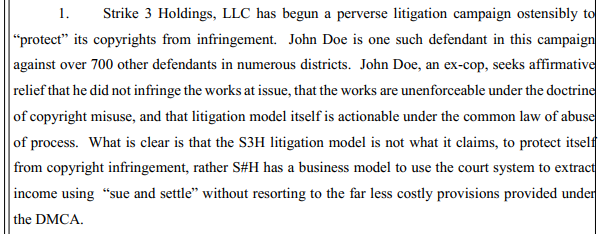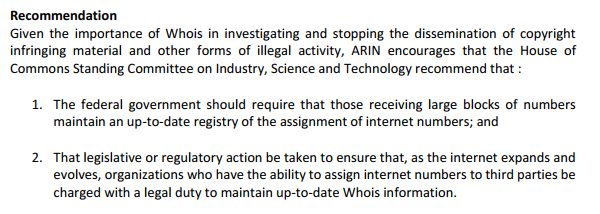
With English Premier League clubs reporting revenues of £4.5 billion for the period 2016/17, top-tier football is extremely lucrative.
The Premier League itself has a three-year TV deal which came into effect during the same period, with a record-breaking £5.1 billion paid to the League by broadcasters Sky and BT.
A new deal, effective 2019 to 2022, netted the Premier League £4.45 billion and the football organization is extremely keen to protect its revenues and that of its customers by tackling piracy head on.
Maintaining that momentum, today the Premier League announced the opening of a brand new office in Singapore, its first international office and one with the primary aim of dealing with unlicensed consumption.
Based in Tanjong Pagar, which is located within the Central Business District in Singapore, the office will reportedly provide a base for the Asia-Pacific region. From here, the League will deploy its anti-piracy enforcement program across “multiple” markets.
In terms of anti-piracy activities, the Premier League is best known for its crackdown on streaming piracy, particularly when it comes to live events.
In the UK, the League has pioneered and developed “live stream” injunctions which allow it to request that ISPs block illicit streams of matches to disrupt piracy as soon as it takes place.
The practice mainly tends to cause disruption on Saturday afternoons and although some illicit IPTV providers have deployed some successful countermeasures, there are always plenty of complaints on Saturday about illegal streams going down.
Until now, these blocking measures have been restricted to the UK but with this expansion and a brand new office focused on piracy, it seems likely that the scheme could be launched in other countries too.
“The Asia-Pacific region is strategically important for the Premier League and its clubs,” says Premier League Director of Broadcasting Paul Molnar.
“Singapore provides an excellent location for our first international office and we look forward to using this base to support our many broadcast partners across the region.
“Equally, it is critical that we now deploy local resource and expertise to combat the increasing threat of piracy which undermines all stakeholders in the creative industry.”
While the new Singapore office is the Premier League’s first anti-piracy focused overseas base, the company is no stranger to enforcement in the region.
Last year the Singapore High Court granted an injunction following complaints from The Premier League, Singnet PTE Ltd, Fox Networks Group Singapore PTE Ltd, NGC Network Asia LLC, and Fox International Channels (US) Inc.
Neil Gane, General Manager of AVIA’s Coalition Against Piracy (CAP), of which The Premier League is a member, told TorrentFreak that the motion was heard on November 2, 2018, with the court subsequently handing down an order against “eight authentication domains.”
“Singapore has been considered a bastion of Intellectual Property rights across the region, and the court’s decision to block access to popular illegal applications preloaded onto ISDs and sold in Singapore reaffirms this contention,” he added.
The Premier League referenced this action in today’s announcement, noting that it is also taking criminal action against suppliers of ISDs (Illicit Streaming Devices) and working with Thai authorities to raid those in the supply chain.
Source: TF, for the latest info on copyright, file-sharing, torrent sites and more. We also have VPN reviews, discounts, offers and coupons.









 As mentioned
As mentioned 



